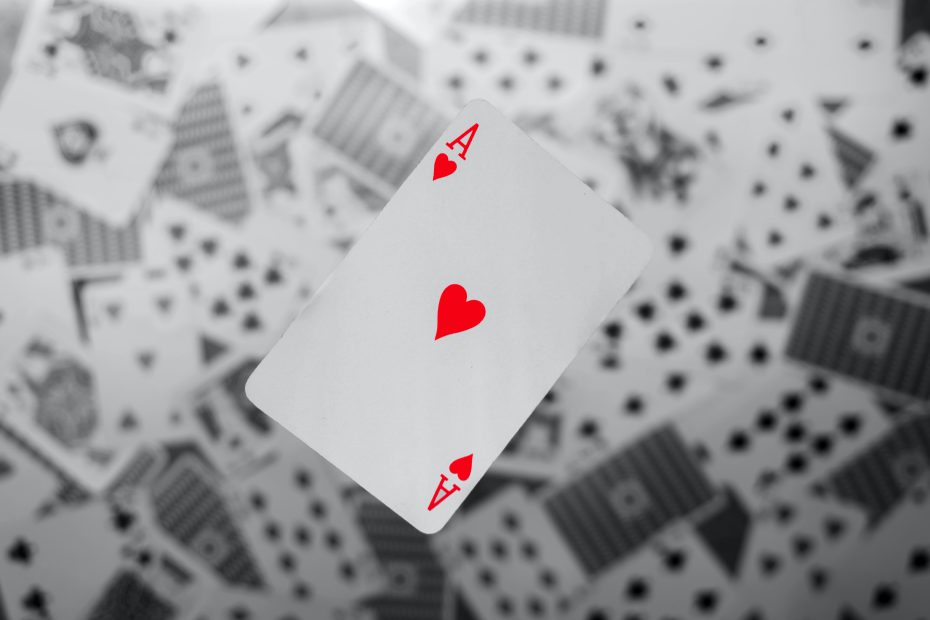Even inexperienced players know to rake with A-A and K-K in the preflop. It is preferable to keep that line at all times while dealing with micro-limits. Regulators may transition from increasing premium hands to employing Flat Call at higher stakes.
A Flat Call in poker is when you match your best hands to your opponent’s best raiser cards. This page contains table-specific examples and recommendations for implementing the technique.
The Game of Poker Meaning of the Term “Flat Call”
The Flat Call is a preflop equalizer with a hand that is often better suited for a raid. Flat Call is an abbreviation for “flat response,” and the muv is a kind of slopplay in which the player purposely misrepresents the strength of his or her pocket cards.
Expert players know to use the Call button only with a pair of queens or above, however younger players will use it with any two cards.
Betting Etiquette
In poker, a flat call is a difficult strategy that should be handled with caution. When selecting whether or not to flip, it is critical to analyze both the characteristics of the current hand and the history of previous hands.
Pro
I disagree with.
To be in the blinds or in a late position.
Position yourself either early or halfway.
Stack reduction
Long chances
Squealer from behind the scenes
The flip might result in a multi-pot.
Bad individuals that use Luz to assault
On the blinds, there are no active players.
When there is a risk that a bust would knock opponents out of the hand, playing passively in the preflop with a top hand is suitable. This makes the flat call a trap for opponents. This tactic leaves players with the poorest cards in the hand, with the idea that players would continue to bet on the preflop or following streets, giving the contestant equity.
Nonetheless, the muv fails at low and micro-limit tables because to the number of novice players eager to call large raises with almost any card and drag weak hands to showdown.
What the player must concentrate on
When considering whether to play aggressively or passively with high-value cards, many factors should be considered:
Weak cards are effective against extremely loose poker players, and a hand may be a flop if your opponents are bidding with the lowest cards, such as Q-Q, K-K, A-A, or A-K.
A call with weak hands is usually acceptable, but not a flip, so before making a choice, evaluate your opponent’s range.
Because most raises in the latter stages of a tournament imply a player’s willingness to stake all of their chips, the stack-move is often used at this point.
If your opponent consistently folds to a 3-bet, you should try calling to add more chips to the pot, but if they are willing to pay any price to witness the flip, you should consider raising instead of calling.
Top hands in a multipot lose a lot of equity on the flop, so if you want to play passively without giving up your advantage, make sure the next street is heads-up. If you have a lot of opponents, you should try to grow the pot as much as possible before the flip.
Players that prefer to squeeze from late positions and blinds may be defeated by this technique, since a flat in front of them is sometimes more profitable than a 3-bet on the Welsh.
In addition to the complexities mentioned above, it is critical to achieve a balance in the game to make your cards less obvious to your opponents. A powerful opponent may begin to take advantage of repeated flats.
Exemplification of Game Scenarios
Taking advantage of a player’s proclivity for a wide-ranging opening and frequent continuation bets might result in large gains.
If your opponent routinely raises from the small blind yet frequently fouls on restals and frequently counterbets on the flop and turn, you should play quietly. In this case, a 3-bet will only gain you the total of the open-raise and the huge blind.
Another popular use for the flush is to position an opponent for a squeeze. The BTN player has been dealt AA, the CO is raiding, and the BB is a squeeze-prone poker player.
Squeeze may be called or raised, but multipot on the flip must be avoided. A 3-bet may remove both opponents from the hand, however a call would cause the big blind to raise. In this case, the last choice will result in more equity.
